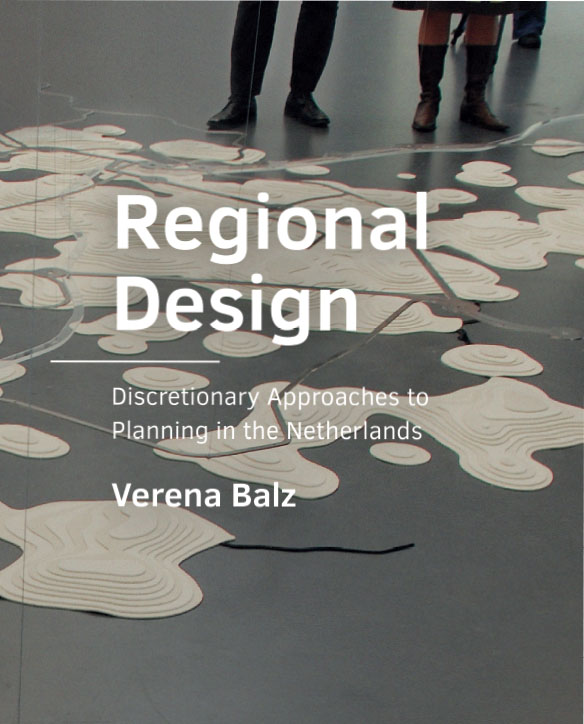Transformations of planning rationales
Changing spaces for governance in recent Dutch national planning
DOI:
https://doi.org/10.7480/abe.2019.8.3901Keywords:
Indicative planning, regional governance, spatial concepts, the NetherlandsAbstract
Dutch national planning has acquired an international reputation because it provides strong planning guidance while simultaneously being responsive to the particular spatial and political circumstances of different regions and areas. Spatial concepts, like the Randstad, are important vehicles for sustaining this approach. Such concepts incorporate select spatial planning rationales that justify operational decisions. Concepts can, however, also be ambiguous, and this can allow for different interpretations and deliberations about how guidance should take effect in different situations. In this paper we assess the degree of ambiguity contained in concepts outlined in Dutch national plans between 1988 and 2012. By focusing on the dimensions of spatial concepts, and the room for interpretation these create, we demonstrate how concepts were modified to accommodate a shifting appreciation of deliberation and, as a result, collaboration and governance. On a theoretical level, we propose a method that analyses in detail the ambiguity (“fuzzyness” or “softness”) of spatial concepts. We argue that such sophisticated understandings contribute to explaining the variety of governance responses that these geographies produce in practice. On an empirical level we seek to increase understanding of change in recent Dutch national planning.

